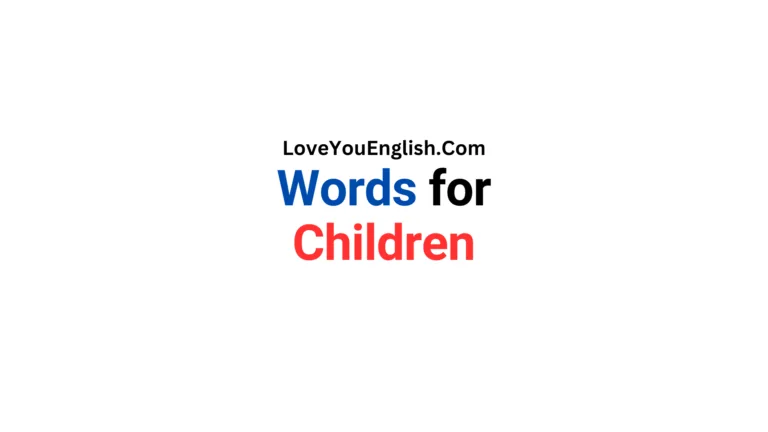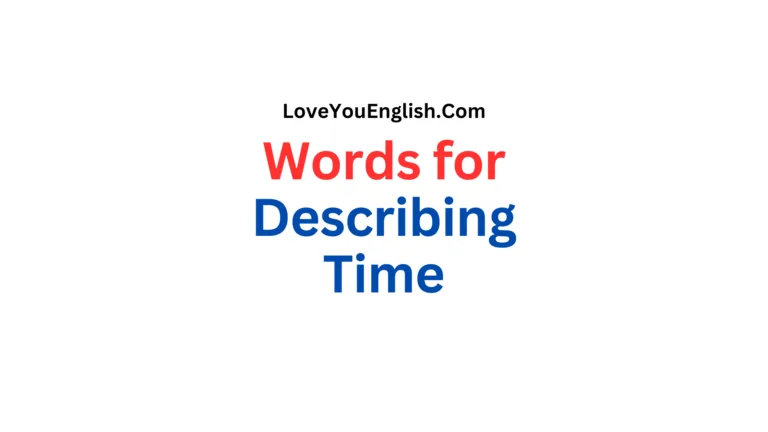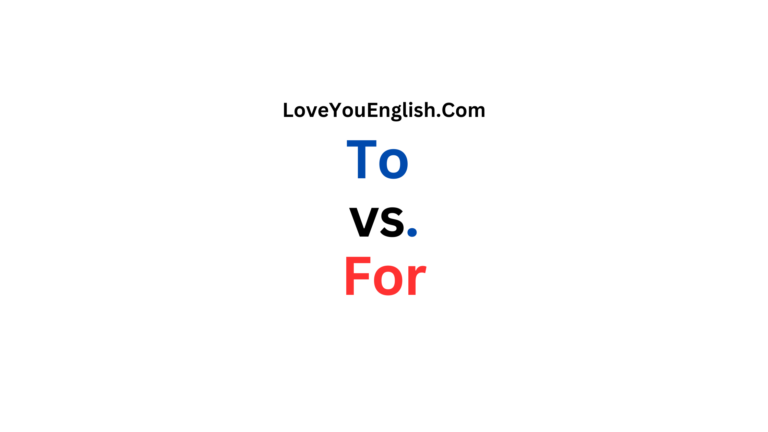A1–A2 Vocabulary List: Simple Words for Beginners
Studying English can be exciting and fulfilling, especially when you focus on the fundamentals.
If you’re just starting to learn English, you might have heard of levels like A1 and A2.
These levels are part of the Common European Framework of Reference for Languages (CEFR), a system that helps explain how well someone can use a language.
In this post, we will look at A1-A2 vocabulary, which is the building block of your English abilities.
What Are A1 and A2 Levels?
Before we jump into vocabulary, let’s first figure out what A1 and A2 levels are all about.
The CEFR, which stands for the Common European Framework of Reference, splits language learning into six different levels: A1, A2, B1, B2, C1, and C2.
A1 and A2 are the starting points for beginners.
A1 (Beginner):
If you’re at this level, you can recognize and use common everyday phrases and expressions.
You can introduce yourself and others, plus ask and answer simple questions about personal information.
A2 (Elementary):
At this level, you can understand sentences and common phrases that are important in everyday situations.
You can handle simple tasks that involve exchanging basic information.
Why Is A1-A2 Vocabulary Important?
A1-A2 vocabulary is super important because it’s the base for your English skills.
If you have a solid understanding at this level, it will be easier for you to advance to higher levels.
Here’s why it’s important:
Basic Communication:
This vocabulary allows you to manage everyday situations like buying things, traveling, or making new friends.
Boosting Confidence:
Knowing these words and phrases makes you feel surer of yourself when speaking English.
Base for Advanced Learning:
Getting a good grip on A1-A2 vocabulary sets you up for tackling more complicated language tasks as you move forward.
Key A1-A2 Vocabulary Topics
Let’s break down some important vocabulary topics at the A1-A2 levels.
We will look at common words and phrases you can use in various situations.
1. Greetings and Introductions
Knowing how to greet people and introduce yourself is essential. Here are some common phrases:
- Hello! – A simple way to say hi.
- Hi, my name is [Your Name]. – To introduce yourself.
- How are you? – To ask how someone is feeling.
- Nice to meet you. – A polite way to say you are happy to meet someone.
- Goodbye! – To say farewell.
Example Sentences:
- Hello! How are you?
- Hi, my name is Sarah. Nice to meet you.
2. Common Expressions and Phrases
These phrases help you in everyday conversations.
- Please – A polite way to ask for something.
- Thank you – To show appreciation.
- Sorry – To apologize.
- Excuse me – To get someone’s attention or to apologize for a small mistake.
Example Sentences:
- Can you help me, please?
- Thank you for your help!
- Sorry, I didn’t mean to interrupt.
More cool topics:
- Advanced Adjectives for Describing People
- 5 English slang terms you need to know in 2024
- How to Expand Your English Vocabulary Fast
- 29 Slang Words You Need to Know
- How to Build English Vocabulary: 10 Tips for Success
3. Numbers and Time
Numbers and time are fundamental for various activities.
- Numbers: one, two, three, four, five, etc.
- Days of the Week: Monday, Tuesday, Wednesday, Thursday, Friday, Saturday, Sunday.
- Time: morning, afternoon, evening, night, o’clock, am, pm.
Example Sentences:
- I have a meeting on Monday at 10 o’clock.
- What time does the movie start?
4. Daily Activities
Words related to daily routines and activities.
- Eat – To consume food.
- Sleep – To rest during the night.
- Go to work – To start your job.
- Study – To learn or review information.
Example Sentences:
- I eat breakfast every morning.
- I go to work at 9 am.
5. Food and Drink
Basic vocabulary for ordering food and talking about meals.
- Food: bread, cheese, fruit, meat, vegetables.
- Drink: water, tea, coffee, juice.
Example Sentences:
- I would like some water, please.
- For lunch, I have bread and cheese.
6. Travel and Directions
Words for getting around and finding places.
- Where? – Asking for a location.
- Left, Right, Straight – Giving directions.
- Bus, Train, Taxi – Modes of transportation.
Example Sentences:
- Where is the nearest bus stop?
- Turn left at the corner.
7. Shopping and Services
Words and phrases for buying things and using services.
- Price – How much something costs.
- Buy – To purchase something.
- Cash, Credit Card – Payment methods.
Example Sentences:
- How much does this shirt cost?
- Can I pay with a credit card?
8. Family and Friends
Words for talking about people in your life.
- Family: mother, father, sister, brother.
- Friends: someone you like and spend time with.
Example Sentences:
- My sister’s name is Anna.
- I am meeting my friend for coffee.
Tips for Learning A1-A2 Vocabulary
Learning vocabulary can be a fun process if you use the right techniques.
Here are some tips:
1. Use Flashcards
Flashcards are a great tool for memorizing new words.
You can write the English word on one side and the meaning or a picture on the other.
2. Practice Regularly
Try to practice a little every day.
This could be through reading simple books, watching videos for beginners, or speaking with friends.
3. Label Items Around Your Home
Put labels on objects around your house.
For example, label your fridge with “fridge” and your bed with “bed.” This helps you remember the words.
4. Engage in Simple Conversations
Try to use your new words in conversations.
You can practice with friends, teachers, or language exchange partners.
5. Play Language Games
There are many games and apps designed for language learners.
These can make learning vocabulary fun and interactive.
Common Mistakes to Avoid
When learning A1-A2 vocabulary, it’s important to be aware of common mistakes:
1. Not Practicing Enough
It’s easy to forget new words if you don’t practice regularly.
2. Overloading Yourself
Trying to learn too many words at once can be overwhelming. Focus on a few words each day.
3. Not Using Words in Context
Just knowing a word isn’t enough. You need to practice using it in sentences.
Conclusion
A1-A2 vocabulary is the starting point of your English learning adventure.
When you get the hang of these simple words and phrases, you create a solid base for learning more complex language skills.
Whether you’re saying hello, asking how to get somewhere, or sharing what you do each day, A1-A2 vocabulary lets you talk in easy, everyday situations.
Keep in mind that learning a language takes time.
Be kind to yourself and practice often. Use flashcards, have conversations, and try to have fun while learning.
With patience and hard work, you’ll notice your English skills getting better.
Additional Resources
If you’re looking for more ways to practice A1-A2 vocabulary, here are some resources you might find helpful:
- Apps: Duolingo, Babbel, Memrise
- Websites: British Council, ESL Lounge, Quizlet
- Books: “English Vocabulary in Use: Elementary” by Michael McCarthy and Felicity O’Dell
Feel free to explore these tools and find what works best for you.






